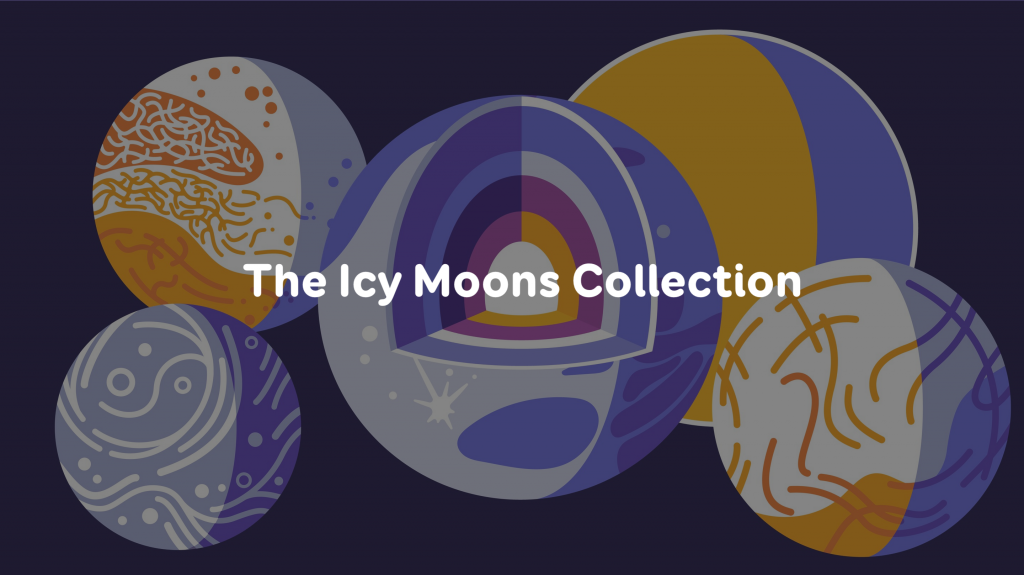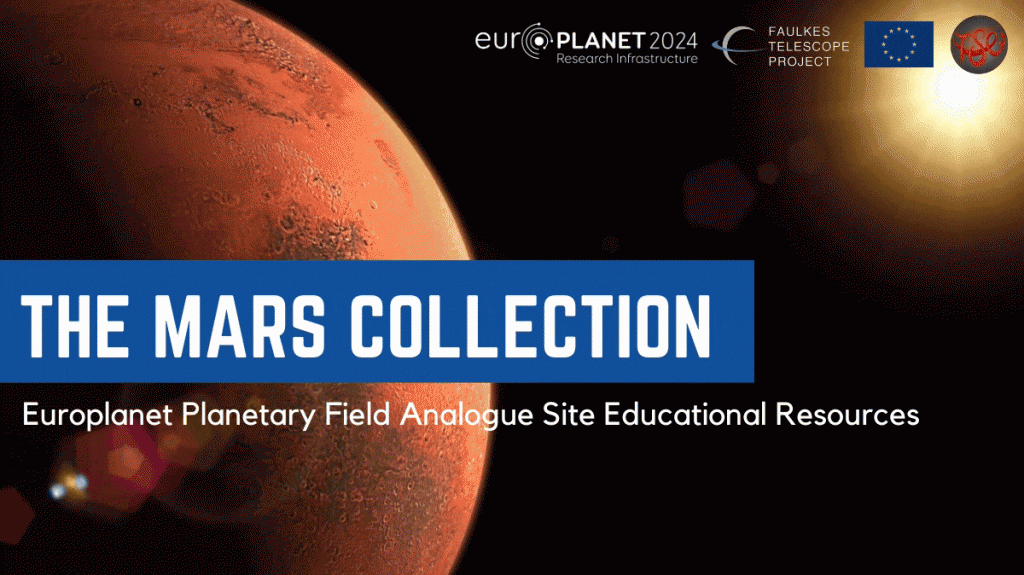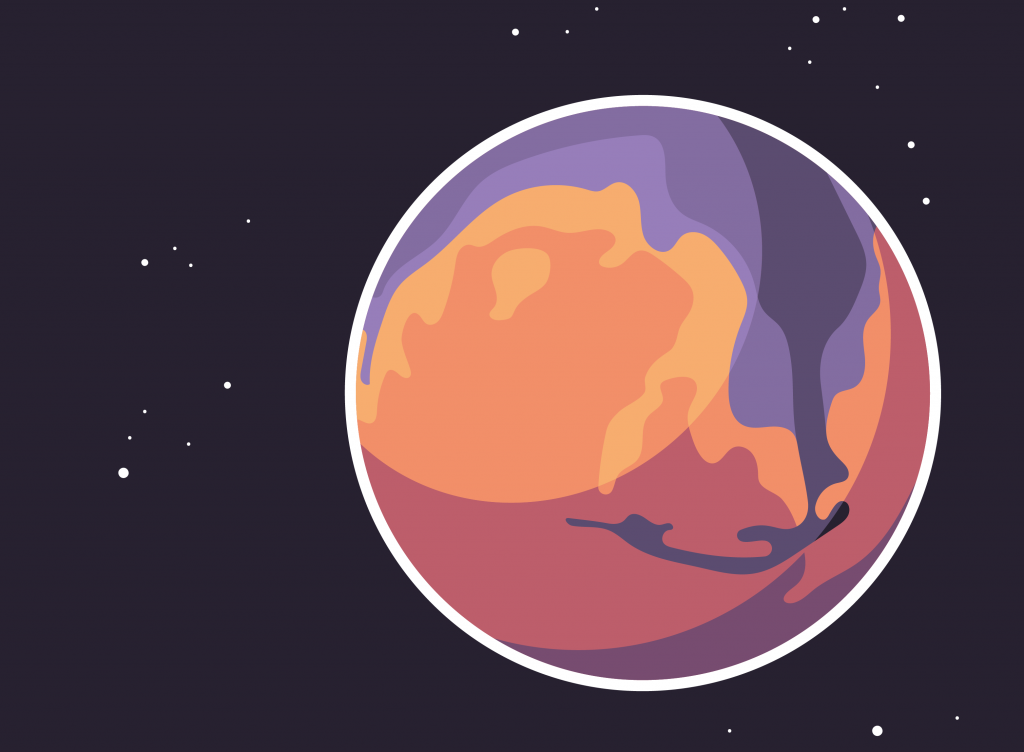Educational Resources
Europlanet supports the use of planetary science to inspire and engage students and teachers with STEM.
Using the resources
- The resources developed by Europlanet – for teachers, educators, and science communicators – are free to use.
- The resources are adaptable. They are a template for you to create your own unique lesson, outreach activity, lecture, etc. You will also find a bunch of other resources (from Europlanet and from recommended external sources) that can complement the lessons you will find here (hands-on activities, videos, lectures, exhibitions, etc.). If you repost or share, we just ask that you use the following credit (required by the European Commission, who enabled us to create the resources): ‘The development of these resources has been supported by Europlanet 2024 RI with funding from the European Union’s Horizon 2020 research and innovation programme under grant agreement No 871149.‘
- The resources are translated in many languages. This is an ongoing work so if you do not find your yours, send us a message and we will do our best to have the resources translated to your preferred language.
- The resources can be viewed online or downloaded as .pdf, .ppt, .doc.
- If you have comments, ideas, questions about the resources we share here, please ask them using the form below, and we will do our best to answer you.
If you have used our resources, tag us on social media or use the contact form and let us know! We always love to see educators and science communicators share our passion for planetary sciences!
Videos
The Icy Moons Collection

The Mars Collection

The Illustrated Guide to Mars

Other Educational Resources
Europlanet has gathered other resources you might be interested in. Feel free to explore those further, and let us know if we should add more to this list.
- Europlanet’s resources:
- Europlanet Magazine (contains stories on outreach and education activities)
- Europlanet Webinars (English)
- Videolezioni di Planetologia (Italian)
- BepiColombo Mission to Mercury
- Europlanet IAU astroEDU collections of educational resources
- Planetary Science Resource of the Week
- Planets in a Room
- Animations (English, French, German, Italian, Spanish)
- Recommended external resources:
- Icy Moons
- AstroEDU hosts a hands-on activity titled “Deadly Moons”. This art and science project is the opportunity to get creative as you learn more about the moons of our solar system. Age 6-12.
- The Astrobiology OU has released a creative science communication video on icy moons.
- The Open University has published and developed a lot of resources about icy moons and astrobiology. A few are listed below:
- The Open University has interviewed an icy moon scientist in this Astrobiology OpenLearn article. Learn more about their work, goals, and career path. Suitable for CPD training for teachers.
- The Open University has published an OpenLearn article about the icy moons, with links to mission webpages and how they have informed our understanding of the icy moons. Suitable for CPD training for teachers.
- The Open University has developed an OpenLearn Course about the Moons of our solar system. Towards to the end of the course (most relevant section is weeks 7 and 8), icy moons are introduced. CPD training for teachers.
- The National Informal STEM Education Network offers a compilation of hands-on activities and resources about icy moons:
- Ice orbs activity – includes activity sheets, info sheets about icy moons, training videos for teachers, and is also available in Spanish. Age 4+.
- Nano ice cream experiment – This video demonstration showis how liquid nitrogen cools ice cream at such as rapid rate it forms super-fine crystals. Age 4+.
- Cloud forming activity – This resource includes teacher training videos and worksheets for the activity. Although it is most relevant to Earth, it can be used in combination with learning about Titan’s methane cycle and nitrogen processes on Triton. Age 7+.
- NASA has many resources for ocean worlds – the link here includes a collection of videos, activities, 3D computer models of the moons, and multiple articles about icy moons and astrobiology.
- Solar System and Planetary Sciences
- Children Planetary Maps project – discover the surface, geography and land features of planets and moons of the solar system. Each page contains a map with legend and symbols, a Q&A section, and more. Age 6-12. Available in many other languages.
- ET – A solar system adventure is a board game that explores the Solar System using extraterrestrial creatures that, although imaginary, are adapted to the conditions of the planets or moons that they inhabit. Age 8+.
- Liège University has created three “serious games” to learn more about space exploration and astrobiology. Create your own space mission, become an astronaut, or try to spark the emergence of life on a planet in these games open to students and classrooms. This resource is in French language but will also be available in English soon.
- The UK centre for Astrobiology has developed activities and lesson plans with experiments related to astrobiology.
- Discover lesson plans and the associated experiments included in the resource list. Age 11-18.
- The National Informal STEM Education Network offers a compilation of hands-on activities and resources about:
- NASA’s Jet Propulsion Laboratory has a search engine to explore all the STEM Lessons, activities and resources they offer. You can find such activities and lessons about Mars, icy moons, solar system exploration and astrobiology. A few examples are listed below.
- Planetary egg wobble and Netwon’s first law – This is an activity to find out how planetary scientists determine whether or not an object has an interior made of solid or liquid. Age 8-14.
- An example of classroom activity to show how scientists study the oceans of distant worlds. Age 11-13.
- An example of classroom activity combining mathematics and space exploration, related to the icy moon Enceladus. Age 10-14.
- An example of classroom activity combining mathematics and space exploration, related to the icy moon Titan. Age 9-11.
- Icy Moons
Feedback
Please use the form below to send any comments, share your experiences or upload any photos or files that show how you used our resources.

